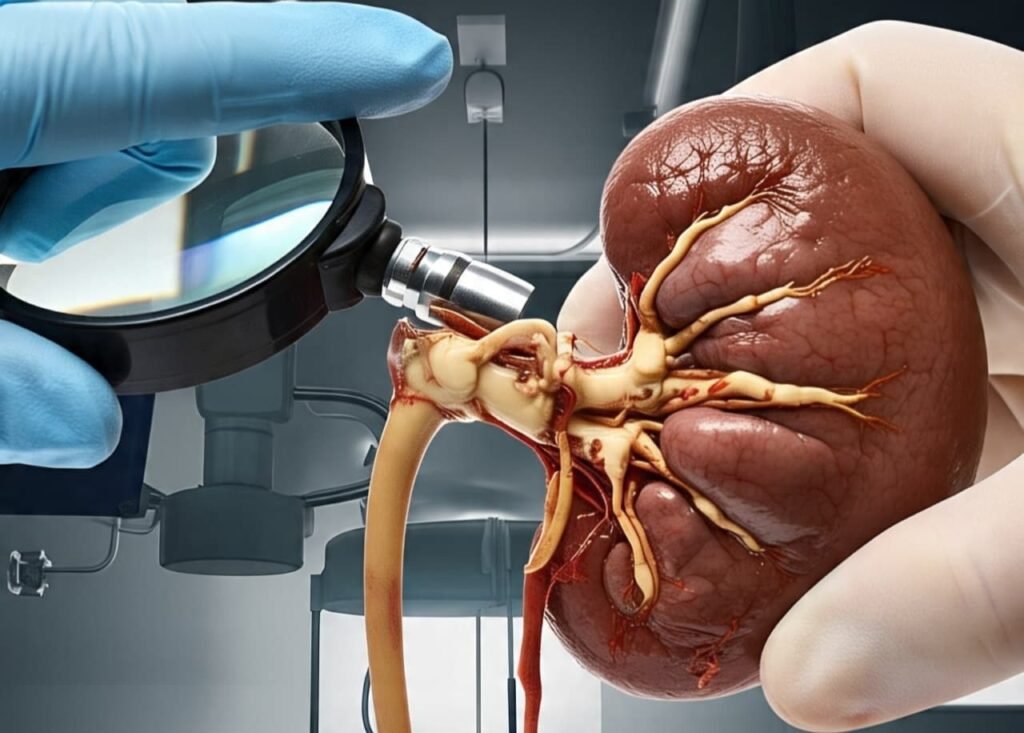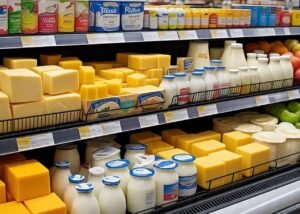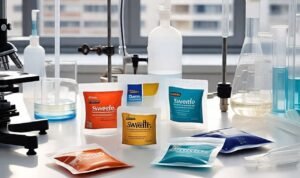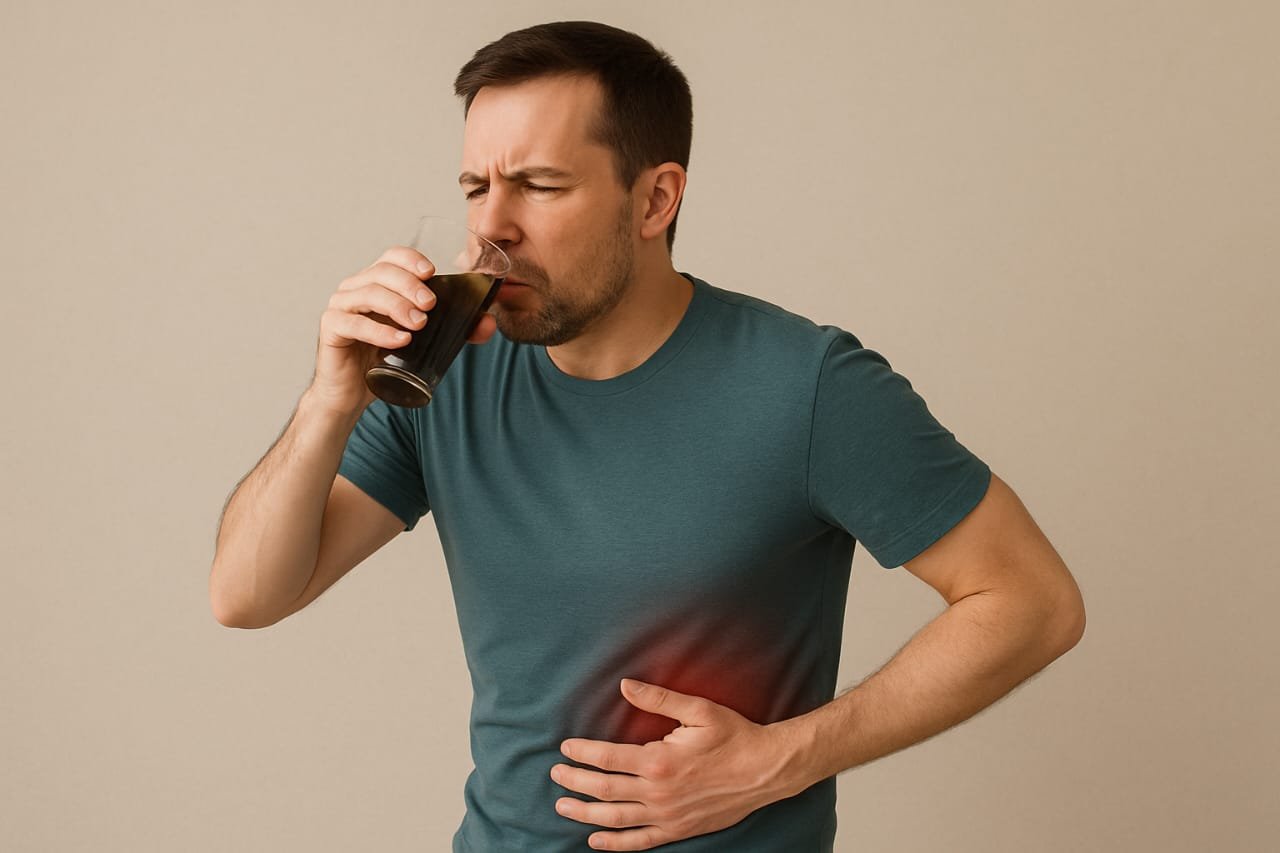7 Dangerous Foods That Damage the Kidneys.

Your kidneys are crucial organs that help remove waste and extra material from your blood, manage electrolyte levels,
and contribute to the well-being of your entire body. However, some of the food items can be really tough on your
kidneys and are particularly hard if you eat these foods on a regular or large portion sizes. Whether you have a
pre-existing kidney problem or just want to take care of your health, you need to know about these dangerous foods.
Here are seven foods that can harm your kidneys:
1. Processed Meats

Some processed meats — such as bacon, sausage, hot dogs and cold cuts — are high in sodium and preservatives,
which can increase blood pressure and stress the kidneys. The high protein can also make the kidneys work harder.
Its overconsumption over time can lead to kidney disease and exacerbate pre-existing.
2. Canned Foods

Many canned soups, vegetables and beans are packed with sodium as a preservative. Eating canned foods on
a regular basis can have ill effects. Choose fresh or low-sodium options if you can.
3. Salty Snacks

Chips, crackers, and salted nuts leave you bloated as they are high in sodium, that can cause water retention and raise
blood pressure. Your kidneys control sodium balance, so if you overdo it, it can make your kidneys work harder,
potentially causing kidney damage.
4. Sugary Drinks

Sodas, energy drinks and sweetened teas are brimming with sugar and unnatural additives. Eating too much sugar is
associated with the two leading causes of chronic kidney disease: obesity and diabetes. Not only that, these drinks
may lead to a blood sugar high, which puts even more strain on your kidneys.
5. Dairy Products

Although dairy is an excellent source of calcium and protein, high consumption may be detrimental in individuals
with kidney issues. “All that dairy is going to tax the kidneys, especially if it’s an excessive amount,” Farley said, noting the
calcium and protein overload from excessive dairy can lead to kidney stones and exacerbate people who already have kidney disease.
6. Red Meat

Red meat is rich in protein and saturated fat. While protein is important, too much puts extra strain on the kidneys to remove waste products. Diets that are high in red meat have been linked to a higher risk of kidney disease and kidney stones.
7. Artificial Sweeteners

Artificial sweeteners are being used by many as a substitute for sugar, but research has shown that their consumption
in amounts – even lower than the acceptable daily Intake recommended by the WHO – can be detrimental to
kidney function. Occasional drinking is mostly safe, but regular consumption—particularly in diet sodas—has been
associated with reduced kidney performance over time.
How to Keep Your Kidneys Healthy
Check Nutrition Labels: Keep track of sodium, protein and sugar.
Stay Hydrated: Water helps kidneys to do its work of getting rid of toxins in the body.
Eat Fresh: Opt for fresh fruits, veggies and lean proteins instead of boxed meals.
Cut Back on Alcohol: Alcohol can dehydrate the body and stress the kidneys.
Regular Check-ups: Be sure to monitor for kidney performance, particularly if risk factors, such as diabetes
or hypertension, are present.
Conclusion
Based on what you eat and drink, your kidneys can have an easier job of eliminating these waste products.
You can reduce the risk of kidney damage by cutting down on processed meats, canned foods, salty snacks,
sweetened drinks, dairy food, red meats and artificial sweeteners, World Kidney Day 2020. Choose a well-balanced
diet filled with whole, natural foods to help your kidneys and general health. If you already have kidney problems,
talk with your healthcare provider about what is appropriate for your diet.

